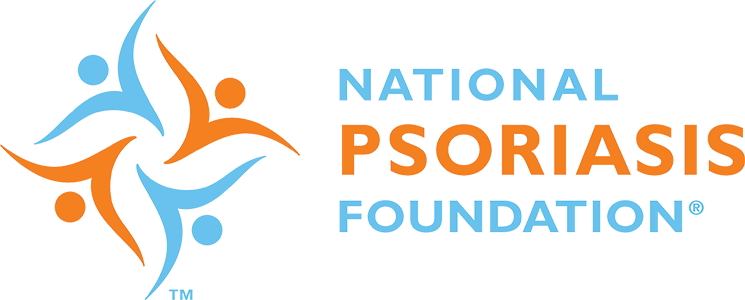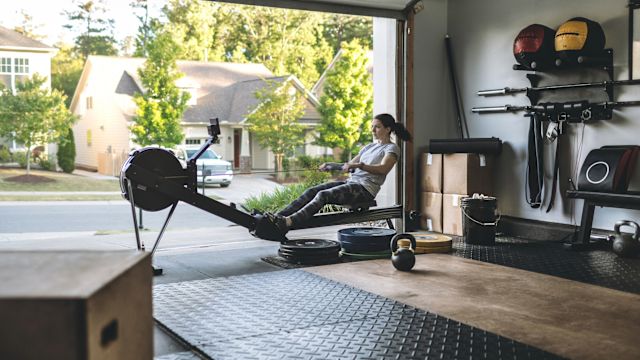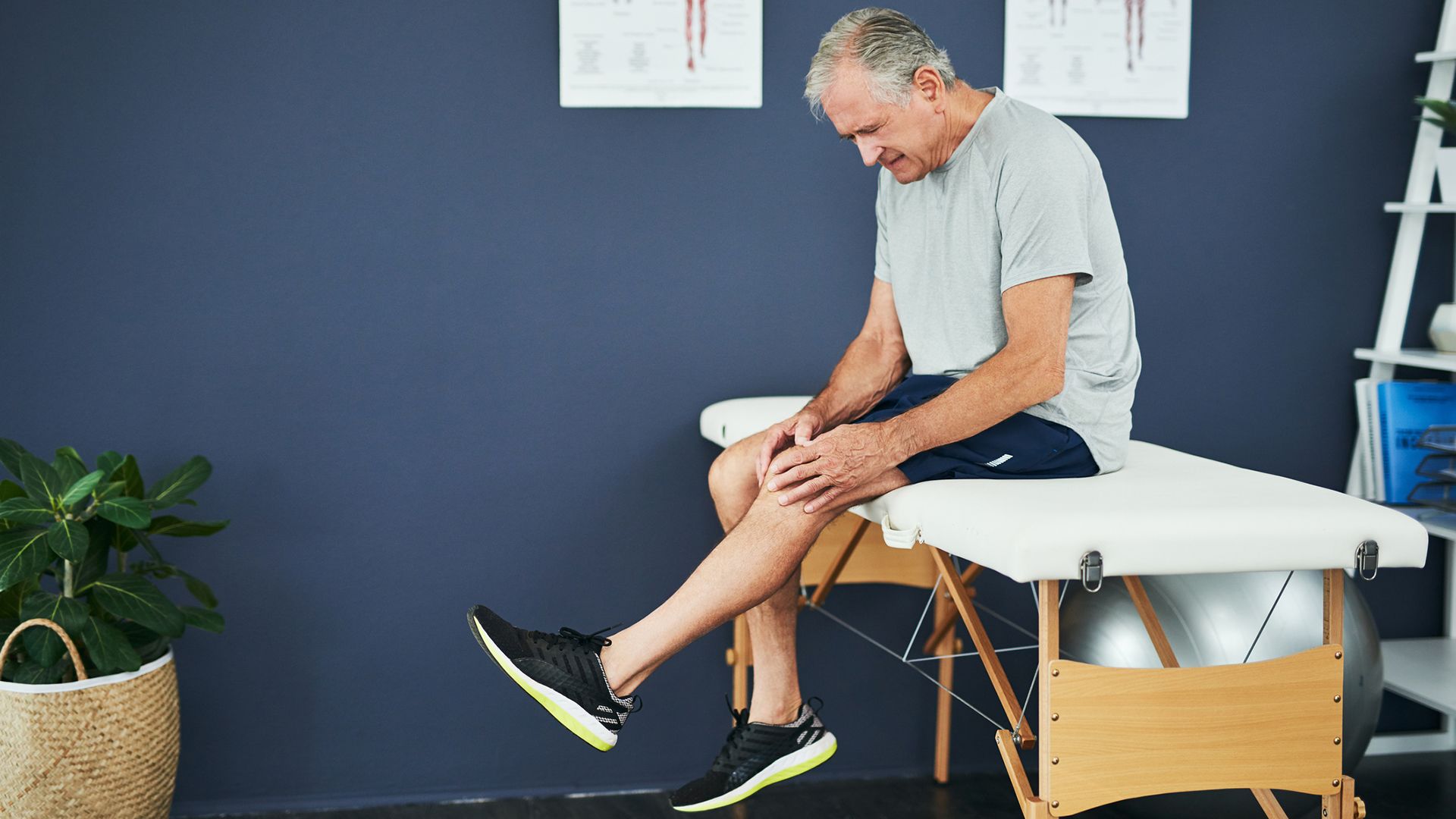Can exercise help you manage psoriasis or psoriatic arthritis? While physical activity and fitness will not cure the conditions or halt the autoimmune activity that causes symptoms, exercise should be a part of your lifestyle. The National Psoriasis Foundation recommends that patients with psoriasis get a minimum of 30 minutes of moderate-intensity exercise five times a week, plus perform strength-training exercises. Regular exercise and physical therapy are also recommended for patients with psoriatic arthritis.
Here, we look at the benefits of exercise, as well as some of the ways psoriasis can make exercise a challenge and how to exercise safely.
Exercising safely
With any form of exercise or sport, safety should be at the top of your list of considerations. This is true for people with health conditions like psoriasis and psoriatic arthritis, as well as people who do not have a health condition. Not all forms of exercise are recommended for all people. For example, people with psoriasis may want to avoid contact sports where they could sustain cuts, scrapes or abrasions, which can trigger symptoms. People with psoriatic arthritis may need to avoid high-impact activities that put too much stress on joints that are weakened or vulnerable.
Before beginning an exercise program—particularly if you are managing a chronic condition like psoriasis or psoriatic arthritis—you should speak with your healthcare provider about what forms of exercise are safe and any precautions you should take when exercising. Patients with psoriatic arthritis should work with a physical and/or occupational therapist to learn exercise techniques and how to protect their joints during activities.
The benefits of exercise
While psoriasis and psoriatic arthritis can seem all-consuming at times, is important to remember that psoriatic disease is only one aspect of your health. There is also your bodyweight, the strength of your muscles and bones, your heart and cardiovascular system and your mental health—and it’s these areas where exercise can help.
People who have psoriasis are at an increased risk of type 2 diabetes, cardiovascular disease and being overweight or obese. Exercise can help lower your risk of these and other conditions. Exercise is also good for your mind, and can help reduce anxiety and boost feelings of wellbeing and self-esteem.
Exercise can benefit patients with psoriatic arthritis. Psoriatic arthritis is a form of psoriatic disease where an abnormal immune response attacks healthy tissue in the joints, causing joint pain, swelling and stiffness. Over time, it can cause permanent damage and deformities in the joints. Exercise may help relieve pain and stiffness, and may help reduce fatigue (another symptom of psoriatic arthritis). It may also help improve and/or maintain joint flexibility.
The challenges of exercising with psoriasis
Psoriasis affects everyone a little differently, and some forms of exercise may trigger or aggravate symptoms for some people. For example, sweat and skin-on-skin friction is known to aggravate inverse psoriasis, a type of psoriasis that often affects areas of the body where skin folds against skin, such as under the breasts, under the arms, the buttocks and the genital area. Patients with this type of psoriasis would probably want to avoid activities like hot yoga, which involves a lot of sweating, or aerobic activities where they experience skin-on-skin friction. Swimming is an excellent form of exercise, but may not be a good option if chlorine aggravates your symptoms. Knowing what triggers your symptoms can also help you decide what form of exercise will work for you.
Remember that exercise is only one component of being healthy. For overall health, you must also eat a balanced diet, get adequate amounts of sleep and avoid unhealthy habits like smoking and excessive alcohol consumption. You must also follow your psoriasis treatment plan and work with your healthcare provider to monitor your symptoms and evaluate how well your treatment is working.






